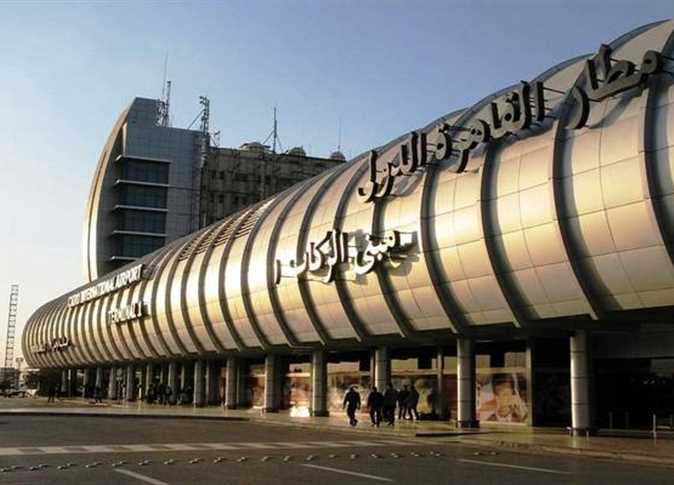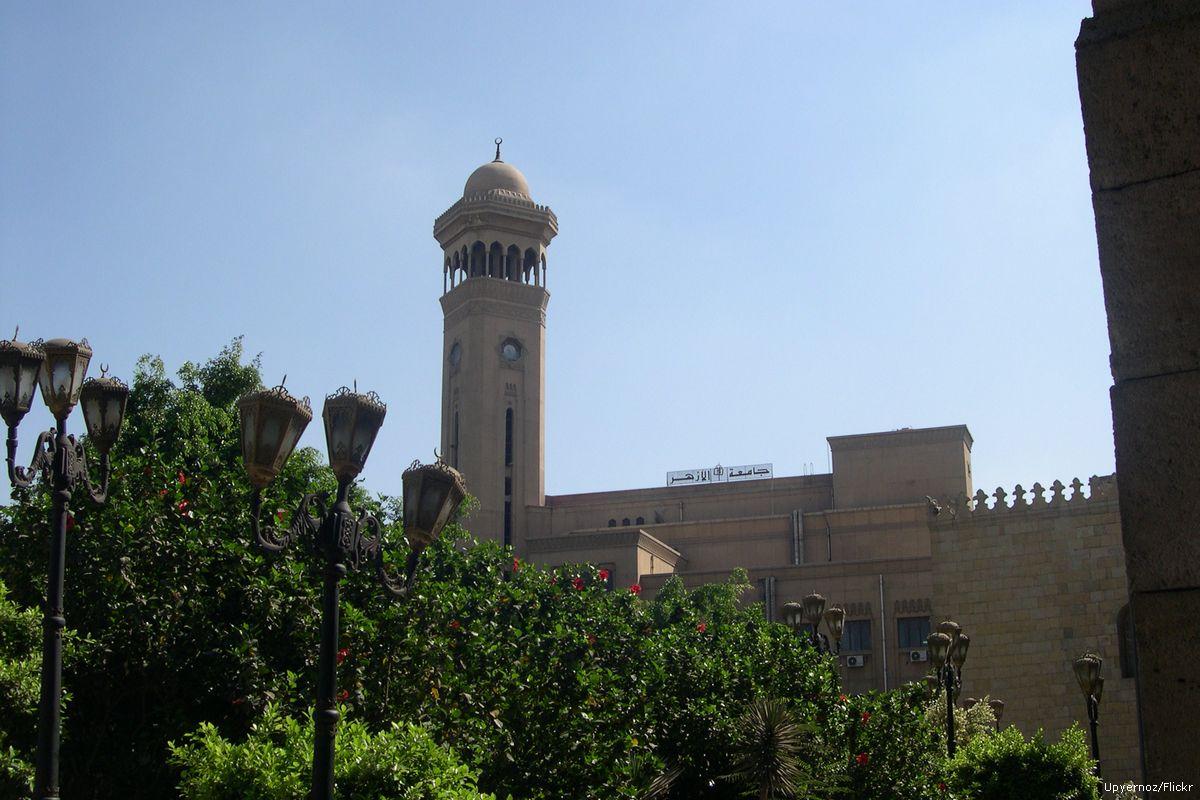
The largest international companies specialized in airport management in the world are awaiting the completion of the technical study prepared by the International Finance Corporation for Comprehensive Solutions related to managing and operating Egyptian airports through the private sector, as well as the timetable for the tendering process, in preparation for submitting their offers to the Egyptian government to win this tender.
At the forefront of these is the French company VINCI, which manages 44 airports in France, Portugal, the UK, Sweden, Cambodia and Japan, the Spanish company ENA, which manages 46 in four continents, the Turkish company TAV, the Paris Airports Company, which was previously known as ADPK, in addition to the German company Fraport AG, which previously managed Cairo International Airport for nine years starting in 2005 and until 2015, and which is showing a desire to return again.
This follows after the meeting held by Prime Minister Mostafa Madbouly with the Vice President of the International Finance Corporation for Comprehensive Solutions, Emmanuel Nyirinkindi, to review all developments on the matter and follow up on the status of technical studies regarding the entry of the private sector as a partner with the government in the management and operation of airports.
Sources within the former Holding Company for Airports and Air Navigation told Al-Masry Al-Youm that this approach aims to maximize and develop performance on an ongoing basis.
It also seeks to maximize airport revenues and improve the experience of travelers, as well as work to strengthen strategic partnerships to attract more foreign direct investment in the civil aviation sector.
According to the sources, the trend includes establishing investment zones inside and around Egyptian airports, and developing and increasing the capacity of Egyptian airports to 72.2 million passengers annually by the end of 2025 compared to 66.27 million passengers in December 2023.
This comes as a transitional goal to reach 110 million passengers annually as a strategic target by the end of 2030.
They added that the Cairo International Airport is a second “Suez Canal” in terms of the resources it can generate for the public treasury, and the new management can work to transform it into a hub airport much like the Dubai Airport.
The sources explained that the entry of a foreign management company will aim to develop resources by increasing the areas of commercial activities, especially those within the customs district, by raising the rental value of these commercial activities, which have not changed since 2013 and are estimated at about US$13 per square meter.
They added that this trend will enable airports to offer all auctions related to commercial activities in foreign currency and avoid offering them in local currency, while obligating all companies to abide by the conditions set out in the terms and conditions booklet.
According to the sources, the aviation sector will see many gains from this trend, because it will work to develop a comprehensive strategic plan to achieve the best economic exploitation of assets inside and outside the borders of Egyptian airports.
This will be done through exploiting the vast areas of land owned by Egyptian airports and establishing partnerships with regional and international investors specialized in real estate development, offering them for sale to Egyptians working abroad in foreign currencies.
Multi-service logistics areas will also be established to contribute greatly towards attracting international airlines and logistics service providers to benefit from these services, which will provide a large source of foreign currency.
Edited translation from Al-Masry Al-Youm




